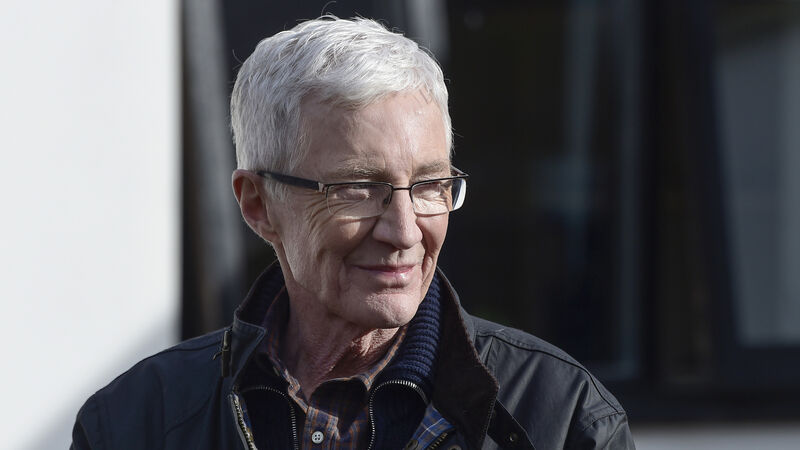Séamas O'Reilly: Paul O'Grady was loyal to his roots, both Irish and Merseyside

'The public became familiar, in fact infatuated, with the funny, warm and genuine man they accepted as one of their own'
This column is an odd fit for an obituary but, on the passing of Paul O’Grady, I felt moved to think of all the things he meant to me and the wider culture. Born to Irish parents in Birkenhead, O’Grady was loyal to his roots, whether Irish – he had pallets of turf shipped to his home in Kent for the smell – or the working classes of Merseyside – “Noel Coward said work is more fun than fun” he once wrote, “but then he didn’t work for Bird’s Eye packing frozen fish fingers nine hours a day, did he?”.
Like everyone else my age, I first encountered him in his drag alter-ego, Lily Savage, who performed the extraordinary feat of turning a barbed and scabrous drag act into a gigantic crossover success. It would be clumsy to describe Lily’s pathway from her weekly performances in the Royal Vauxhall Tavern to primetime TV as an “ascent”, since everything I’ve heard about those shows suggests they were more scintillating and propulsive than anything on TV at the time, tackling everything from the miners’ strikes to the AIDS crisis, and the Thatcher government’s increasingly draconian crackdowns on LGBT people.









